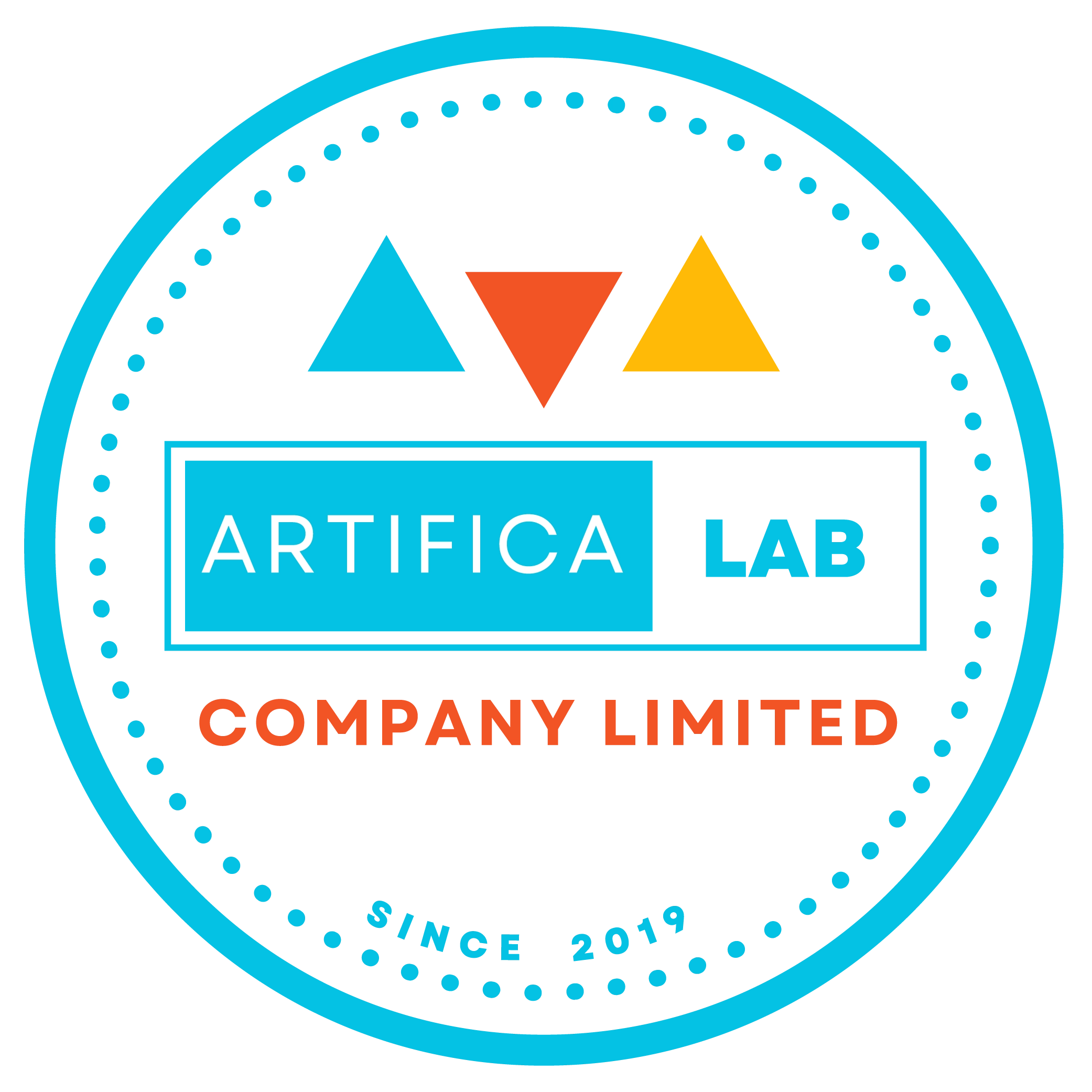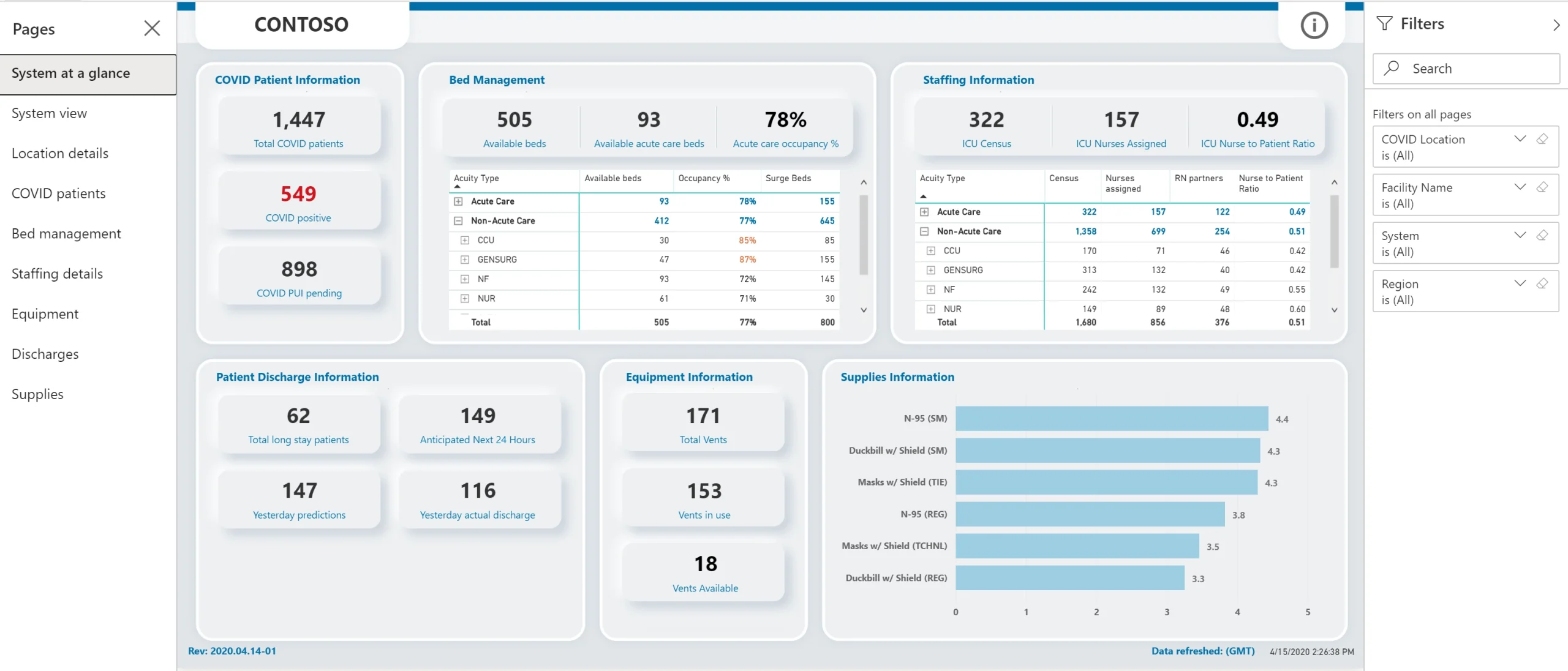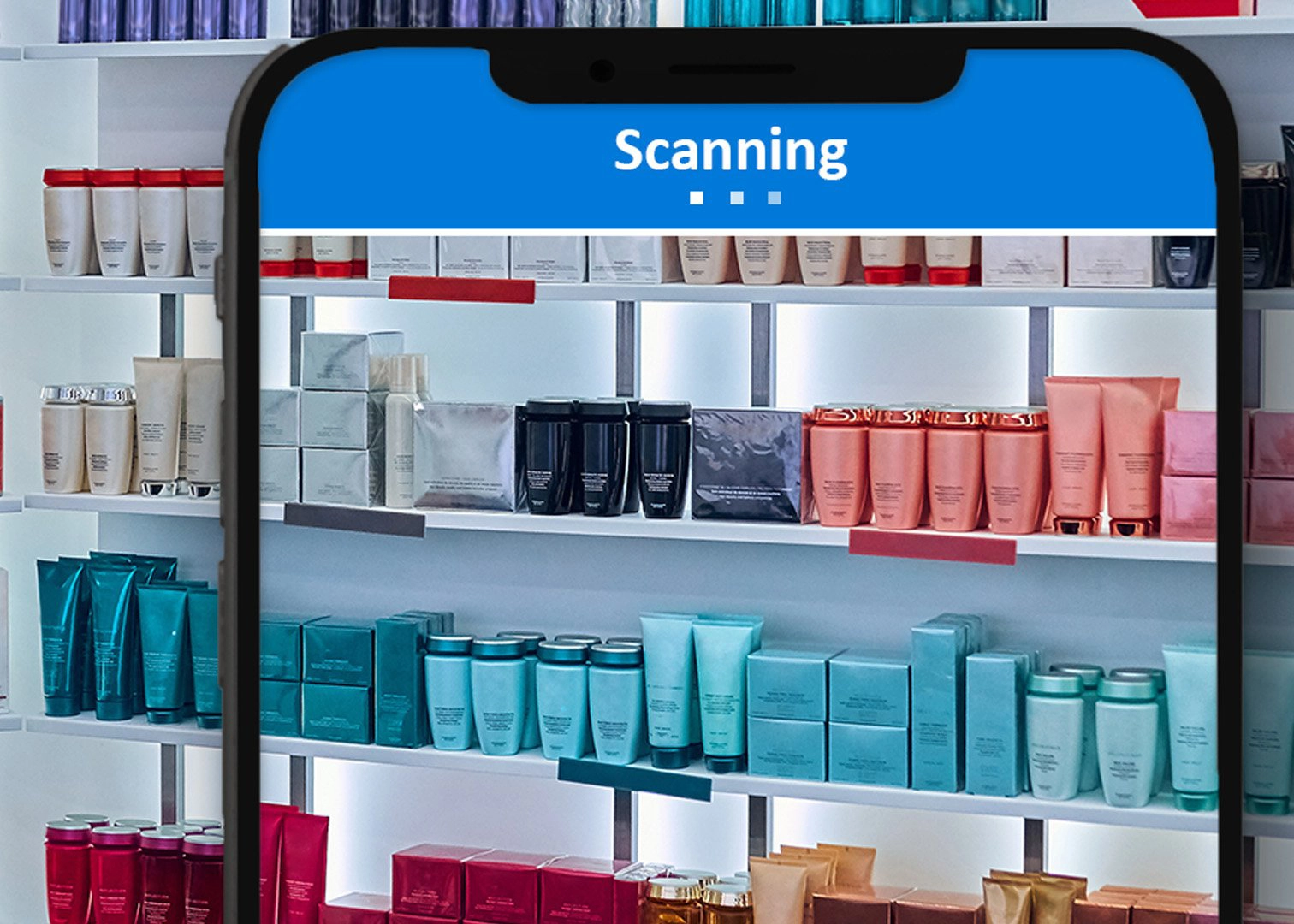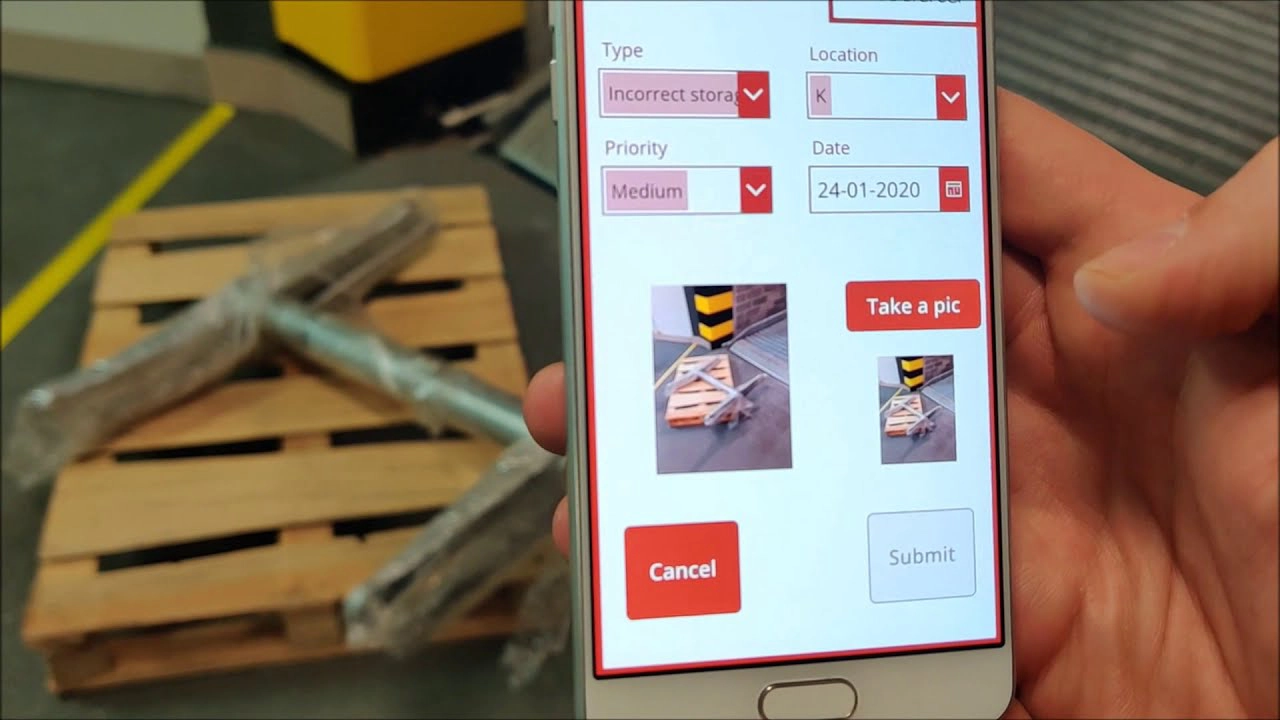Transform Your Business with Power Apps: Fast, Effective, and User-Friendly
In today’s fast-paced business environment, agility and efficiency are key to staying competitive. Therefore, Microsoft Power Apps offers a powerful solution for businesses looking to streamline operations, enhance productivity, and drive innovation. In this blog, we will explore how Power Apps can transform your business by providing fast, effective, and user-friendly app development.

Introduction to Microsoft Power Apps
Introduction
Microsoft Power Apps is a suite of apps, services, connectors, and a data platform that provides a rapid application development environment to build custom apps for your business needs. Whether you need to automate workflows, create custom business applications, or enhance existing systems, Power Apps makes it possible with minimal coding knowledge.
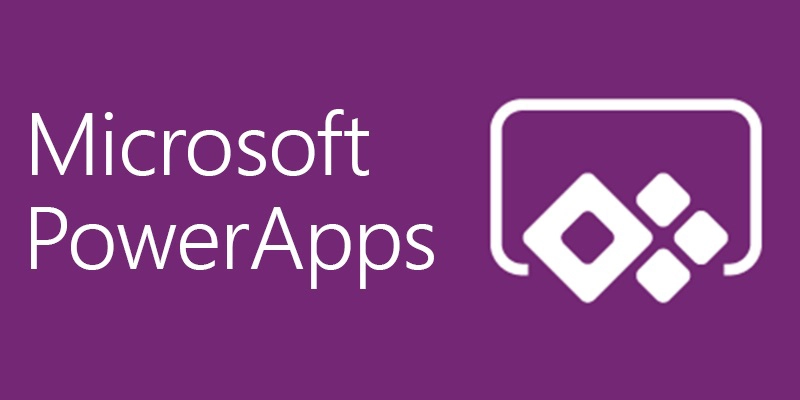
Figure: Microsoft Power Apps, Image courtesy of Microsoft
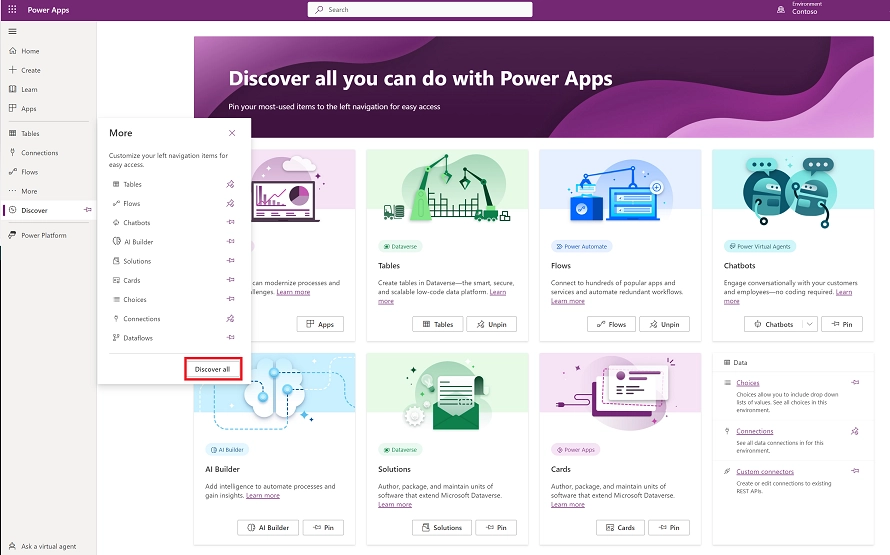
Figure: Microsoft Power Apps, Image courtesy of Microsoft
Rapid Development and Deployment with Power Apps
One of the standout features of Power Apps is its ability to accelerate the app development process. Traditional app development can be time-consuming and resource-intensive, often requiring specialized skills and long development cycles.
However, with Power Apps, we can now conduct the following capabilities:
- Quickly Prototype and Iterate: With a drag-and-drop interface and pre-built templates, you can rapidly prototype and iterate on your app ideas.
- Integrate Seamlessly: Power Apps integrates seamlessly with other Microsoft services like Office 365, Dynamics 365, and Azure, as well as third-party services, enabling you to quickly connect your app to the data and services you need.
- Deploy Instantly: Once your app is ready, you can deploy it instantly across your organization, ensuring that your team can start using it without delay.
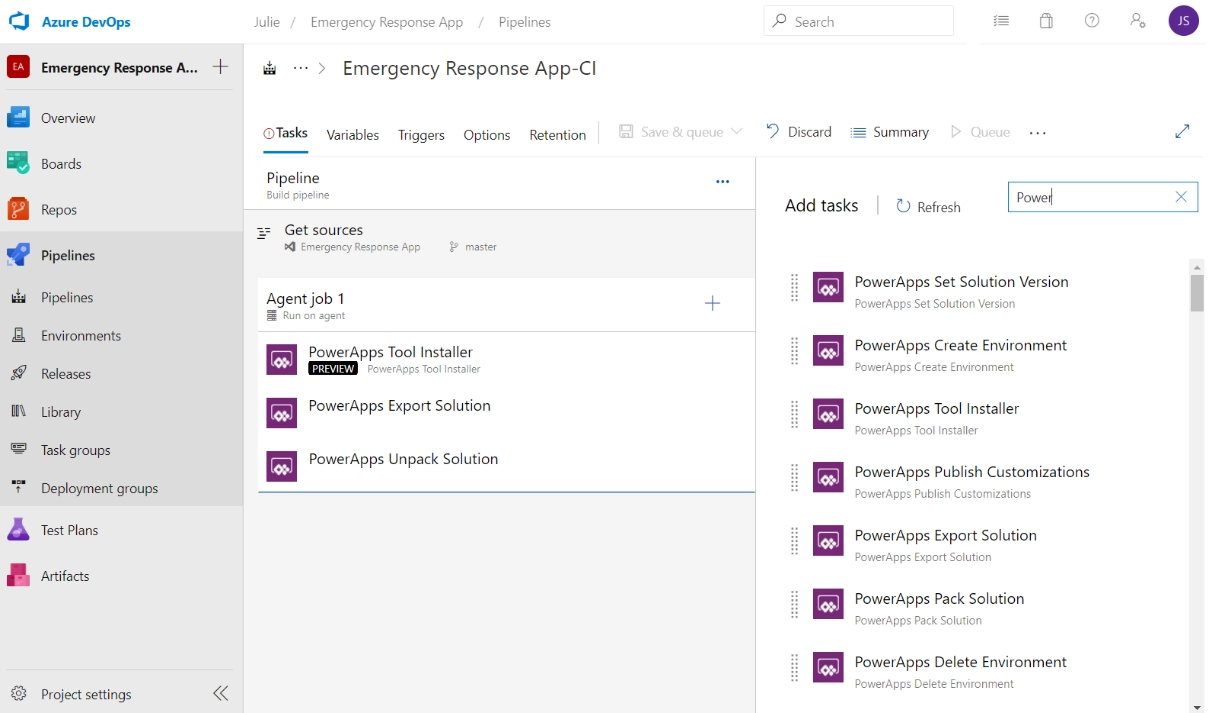
Figure: Rapid development and deployment in Microsoft Power Apps, Image courtesy of Microsoft
The Power of Low-Code App Deployment in Power Apps
Low-code development is an approach that allows users to create applications through graphical user interfaces and configuration instead of traditional hand-coded programming. The good news is that it significantly reduces the amount of manual coding required, speeding up the development process and making it more accessible to non-developers.
With Power Apps, here are some of the benefits of low-code development in Power Apps as follows:
- Speed: Rapidly develop and deploy applications, reducing time-to-market.
- Cost-Effective: Lower development costs by minimizing the need for specialized coding skills.
- Flexibility: Easily adapt and modify applications as business needs change.
- Collaboration: Empower business users to contribute to app development, fostering a collaborative environment.
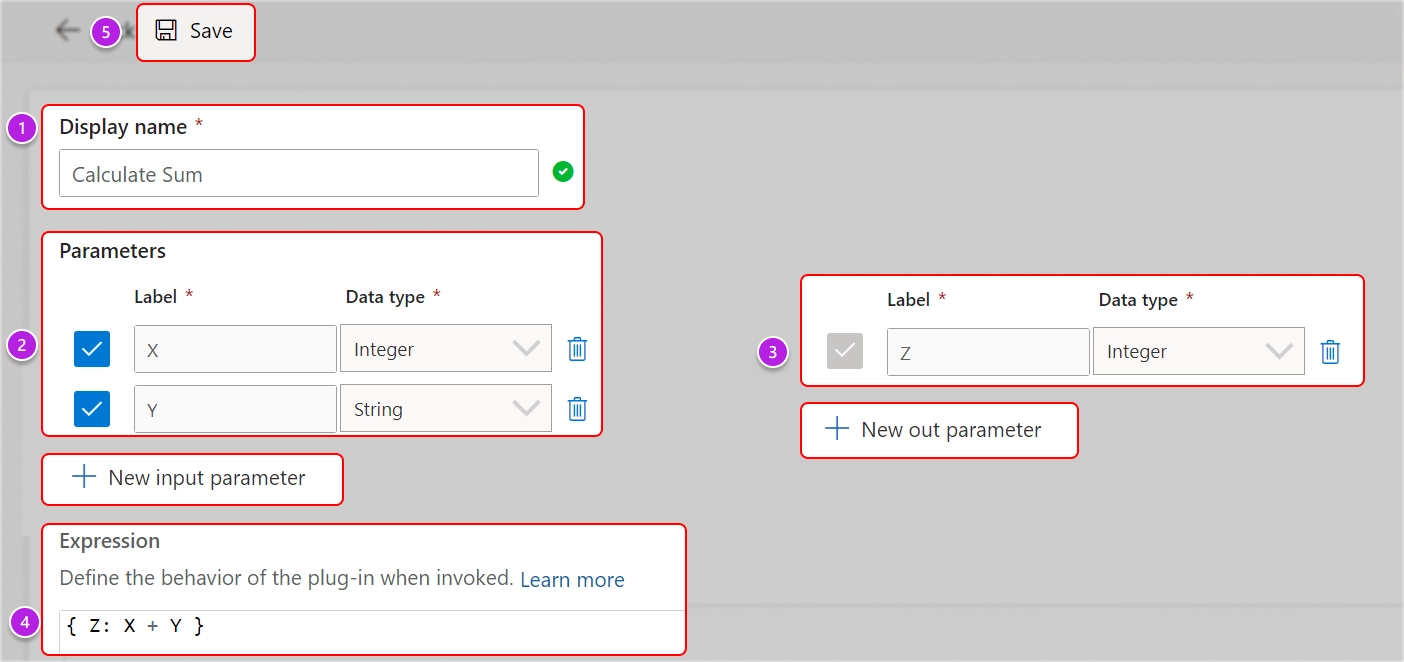
Figure: Low code development in Microsoft Power Apps, Image courtesy of Microsoft
Microsoft Power Fx: The Low-Code Programming Language
Power Fx is the low-code programming language used in Power Apps. It is based on Microsoft Excel formulas, making it familiar to a wide range of users. Power Fx allows you to add logic and functionality to your apps without extensive coding knowledge.
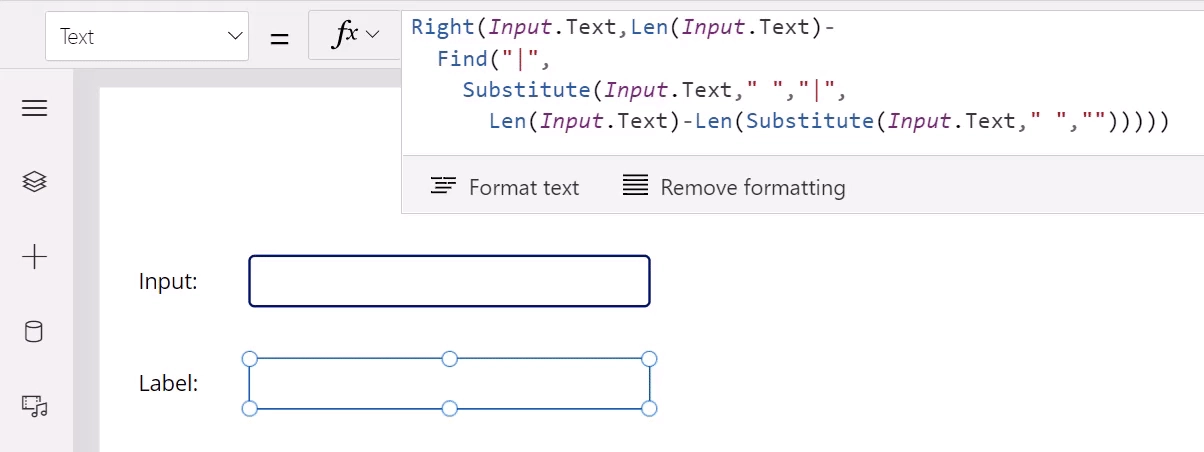
Figure: Power Fx, Image courtesy of Microsoft
How effective is Power Apps? Let's explore it's powerful features and capabilities.
Power Apps is not just about speed; it also offers a range of powerful features that make it an effective tool for business transformation:
- Customizable Solutions: Tailor your apps to meet specific business requirements, ensuring that they address your unique challenges and opportunities.
- Automation and Workflows: Automate repetitive tasks and workflows, freeing up your team to focus on more strategic activities.
- Data Integration: Connect to a wide variety of data sources, including SharePoint, SQL Server, and Excel, to ensure that your apps have access to the information they need.
- AI and Analytics: Leverage built-in AI capabilities and analytics to gain insights and make data-driven decisions.
How effective is Power Apps? Let's explore it's powerful features and capabilities.
Power Apps is not just about speed; it also offers a range of powerful features that make it an effective tool for business transformation:
- Customizable Solutions: Tailor your apps to meet specific business requirements, ensuring that they address your unique challenges and opportunities.
- Automation and Workflows: Automate repetitive tasks and workflows, freeing up your team to focus on more strategic activities.
- Data Integration: Connect to a wide variety of data sources, including SharePoint, SQL Server, and Excel, to ensure that your apps have access to the information they need.
- AI and Analytics: Leverage built-in AI capabilities and analytics to gain insights and make data-driven decisions.
How user-friendly is Power Apps also?
One of the most significant advantages of Power Apps is its user-friendly nature. It empowers users of all skill levels to create and use apps, fostering a culture of innovation and problem-solving within your organization:
- Low-Code/No-Code Development: Even users with little to no coding experience can create functional apps using the intuitive drag-and-drop interface.
- Collaboration and Sharing: Easily share apps with colleagues and collaborate on app development, ensuring that the best ideas are brought to life.
- Training and Support: Microsoft provides extensive training resources and support to help users get the most out of Power Apps, from beginner tutorials to advanced guides.
Three types of Power Apps: Canvas, Model-driven, and Cards
Power Apps offers three main types of apps, each suited to different business needs and scenarios:
1. Canvas Apps:
Overview: Canvas apps provide a highly customizable and flexible development environment. You can design the app’s user interface by dragging and dropping elements onto a canvas, similar to creating a PowerPoint presentation.
Creation Tool: Power Apps Studio is the primary tool for building canvas apps. It offers a visual interface where you can design the layout, add controls, and connect to data sources.
Use Case: Ideal for apps that require a tailored user experience, such as mobile apps for field workers or custom dashboards.
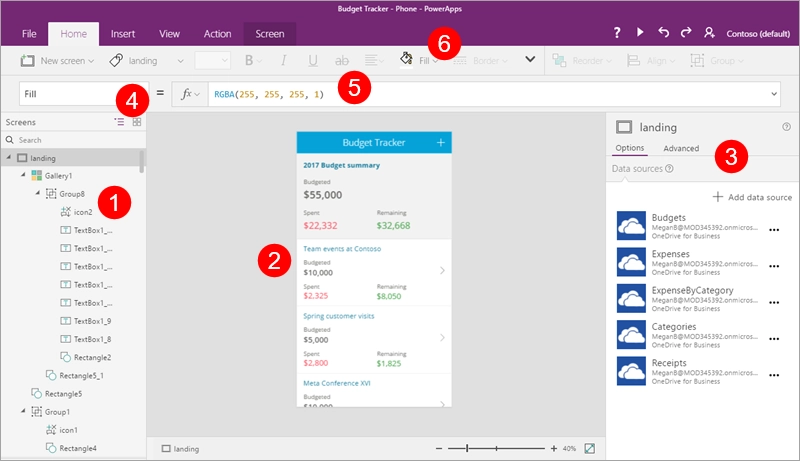
Figure: Microsoft Power Apps: Canvas, Image courtesy of Microsoft
2. Model-Driven Apps:
Overview: Model-driven apps focus on a data-first approach. They are built on top of the Common Data Service (now known as Microsoft Dataverse) and automatically generate a responsive user interface based on the data model.
Creation Tool: App Designer is used to create model-driven apps. It allows you to define the data model, relationships, forms, views, and business logic.
Use Case: Suitable for complex business processes that require a structured data model, such as customer relationship management (CRM) systems or enterprise resource planning (ERP) solutions.
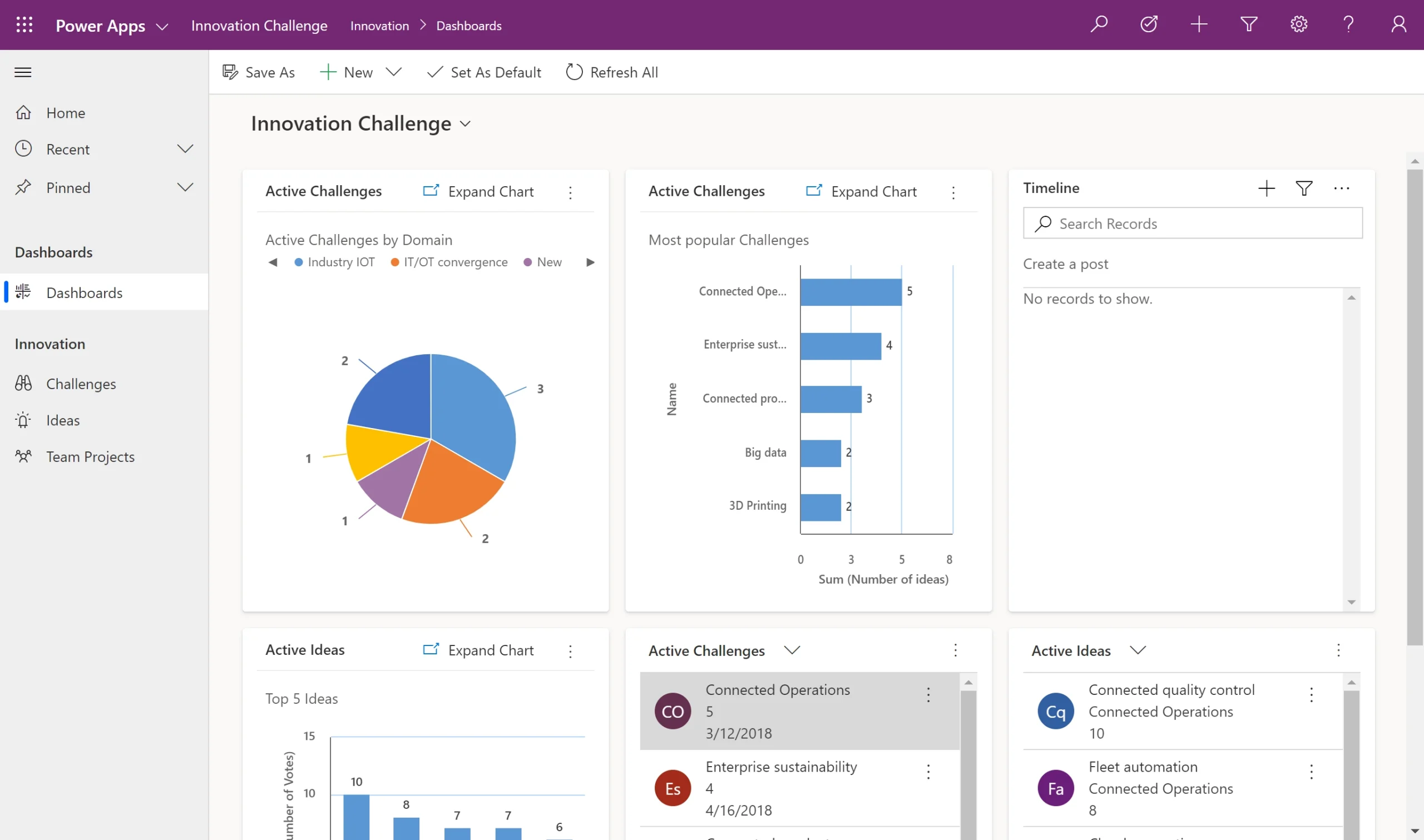
Figure: Microsoft Power Apps: Model-driven, Image courtesy of Microsoft
3. Power Apps Cards:
Overview: Cards are lightweight, micro-apps designed to deliver specific information or functionality within a larger app or service. They are highly interactive and can be embedded in other Microsoft services like Teams or Outlook.
Creation Tool: Card Designer is used to create Power Apps cards. It provides a simple interface to design and configure the card’s content and actions.
Use Case: Perfect for scenarios where you need to provide quick, actionable insights or tasks, such as approval workflows or notifications.
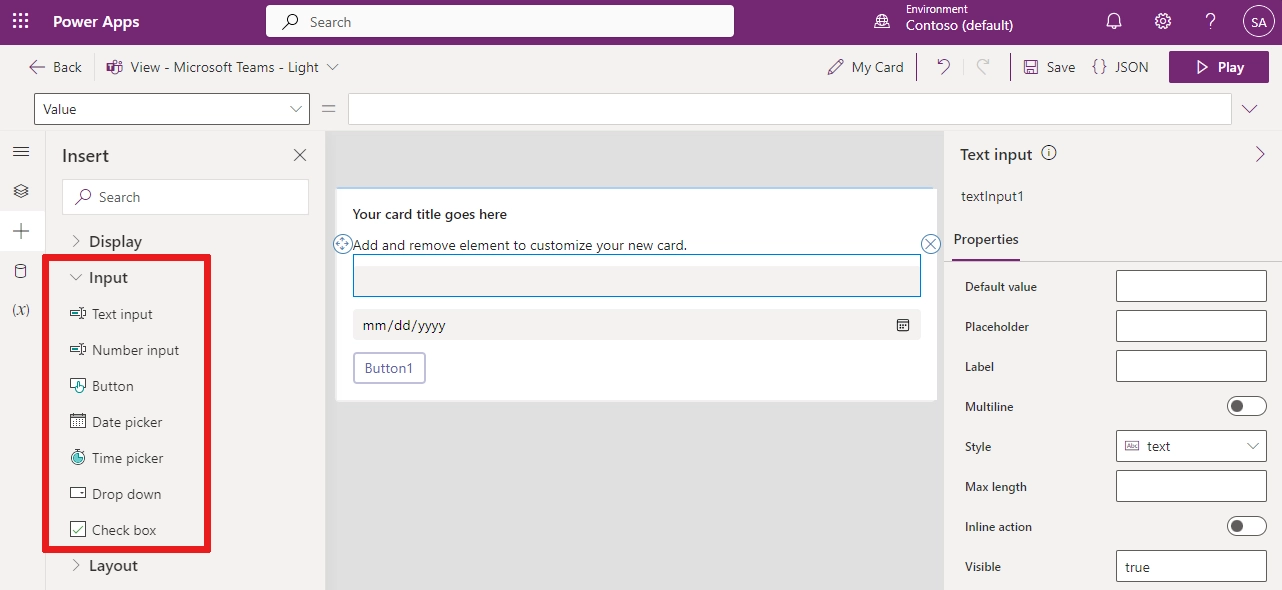
Figure: Microsoft Power Apps: Cards, Image courtesy of Microsoft
Real-world success stories with Power Apps
Many businesses have already experienced the transformative power of Power Apps. For example:
Healthcare:
A healthcare provider used Power Apps to create a custom patient management system, reducing administrative workload and improving patient care.
Retail:
A retail company developed an inventory management app, streamlining stock tracking and reducing losses.
Manufacturing:
A manufacturing firm implemented a maintenance scheduling app, increasing equipment uptime and operational efficiency.
CONCLUSION
Microsoft Power Apps offers a fast, effective, and user-friendly solution for businesses looking to innovate and improve their operations. By enabling rapid development, providing powerful features, and empowering all users, Power Apps can help your business stay ahead in a competitive landscape. You should start exploring the possibilities of Power Apps today and transform your business for the better.




